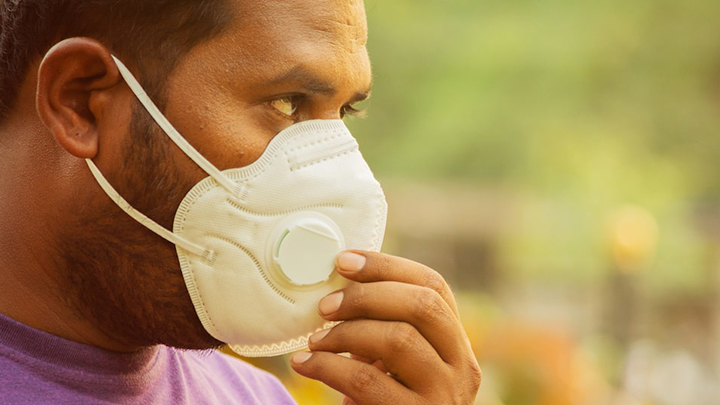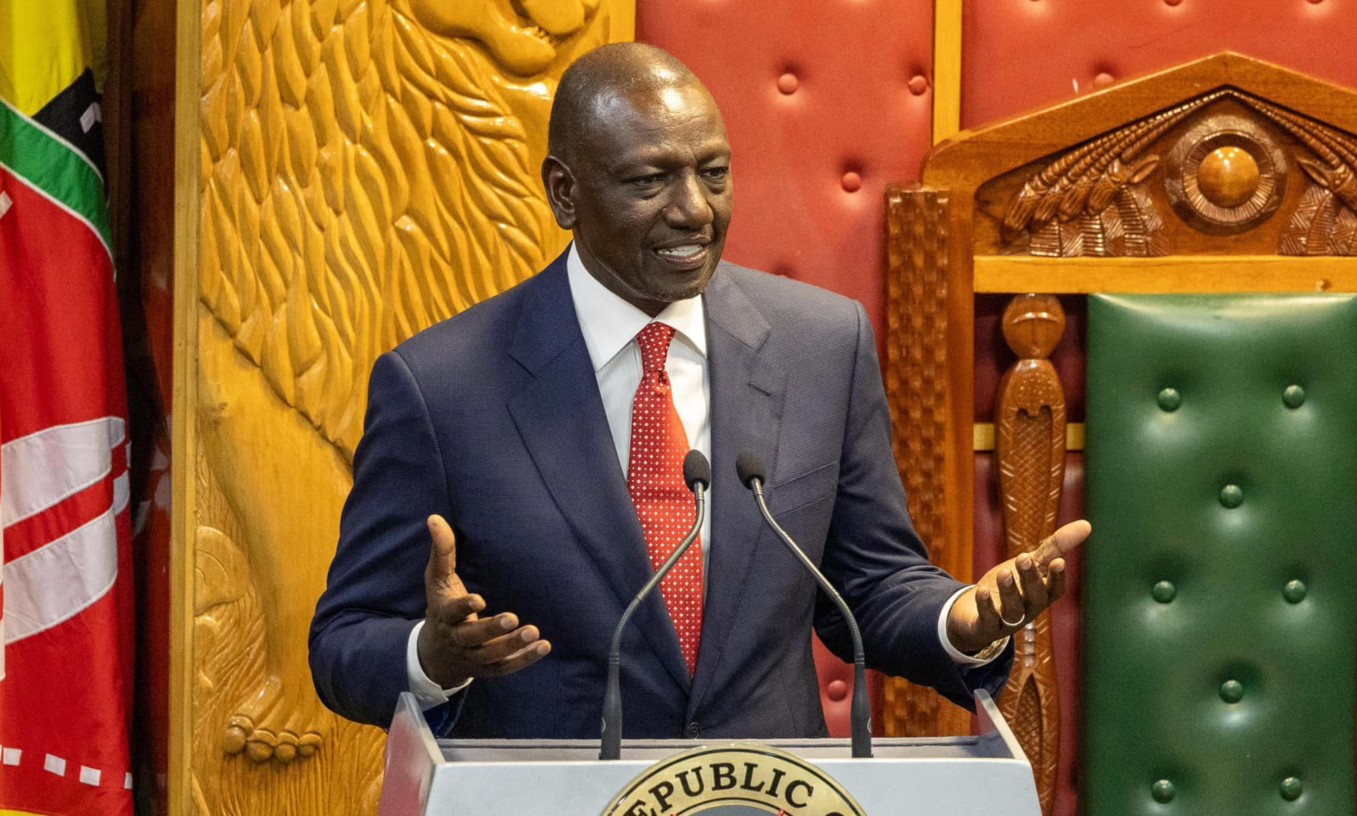The World Health Organisation (WHO) has issued a health advisory recommending the use of masks for passengers travelling over long distances.
This comes as the rise of new infections has been reported in new variants of the Coronavirus with the latest sub-variant of the Omicron, XBB.1.5 variant is linked to infection in the United States.
XBB.1.5 sub-variant is also said to be the most transmissible of the Omicron variants registered.
Meanwhile, other global health agencies, such as the Centers for Disease Control and Prevention (CDC), have intensified their test protocols and they now include testing water from inbound flights.
WHO’s senior emergency officer for Europe Catherine Smallwood said it should be a recommendation issued to all passengers arriving from areas experiencing widespread transmission of Covid-19.
Read More
“Passengers should be advised to wear masks in high-risk settings such as long-haul flights. This should be a recommendation issued to passengers arriving from anywhere where there is widespread Covid-19 transmission,” Smallwood said.
Kenya is yet to record any cases of the new variants and health experts have urged people to be calm because nothing warrants such.
Covid-19 modelling expert Shem Otoi said they do not expect a monumental surge because of the country’s vaccination rates and pre-exposure to the Omicron variant.
“We are stable. We know that XBB.1.5 and BF.7 are causing infections in 19 countries including the US, India and China but they are more transmissible and less severe. Based on vaccination rates and pre-exposure to Omicron, we don’t expect a serious surge when we are finally hit,” Otoi said.
According to Dr Ahmed Kalebi, evidence shows XBB.1.5 has a higher immune escape and recommended the empowerment of the Kenya Medical Research Institute (KEMRI) to conduct genomic surveillance through sequencing tests.
Kalebi noted locally there is minimal increase in hospitalisation or deaths reported and that may be attributed to several factors, including vaccination and the development of immunity.
“Unfortunately, there is very little, if any, active genomic surveillance through sequencing tests being done in Kenya and most of Africa and the third world, which means that these countries are oblivious to the sub-variants and sub-lineages circulating in their population,” Alebi said.
“Fortunately, we aren’t seeing any noticeable increase in hospitalisation or deaths locally and we can therefore assume that either the immunity wall from past infection and vaccination is keeping Covid-19 in check or there are no sub-variants or sub-lineages that have taken a foothold locally.”
Vaccine expert Moses Mwangi cautioned against laxity because of the low infection rate and advised that vulnerable people should go for booster shots.
“We should not be comfortable just because the number of new infections are low. Just because the variants are not being reported doesn’t mean that they do not exist,” Mwangi said.



-1731022418.jpg)
-1730442410.jpg)
 (1)-1730070935.jpg)
 (1)-1727972556.jpg)



 (1)-1732264169.jpg)
